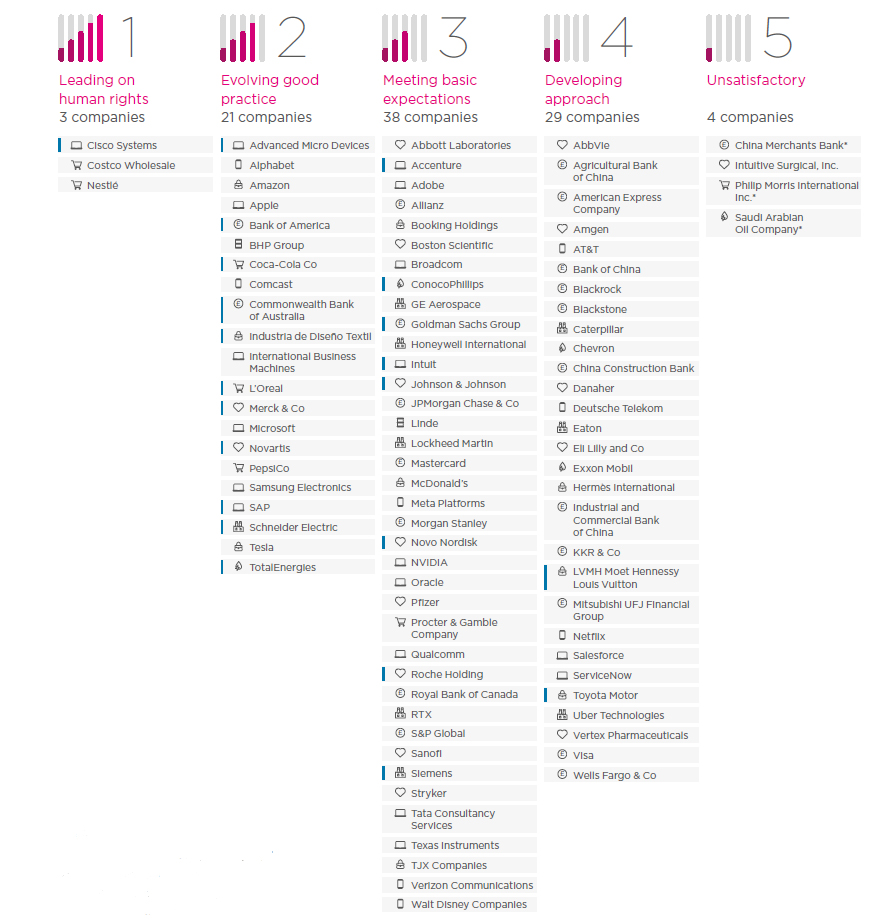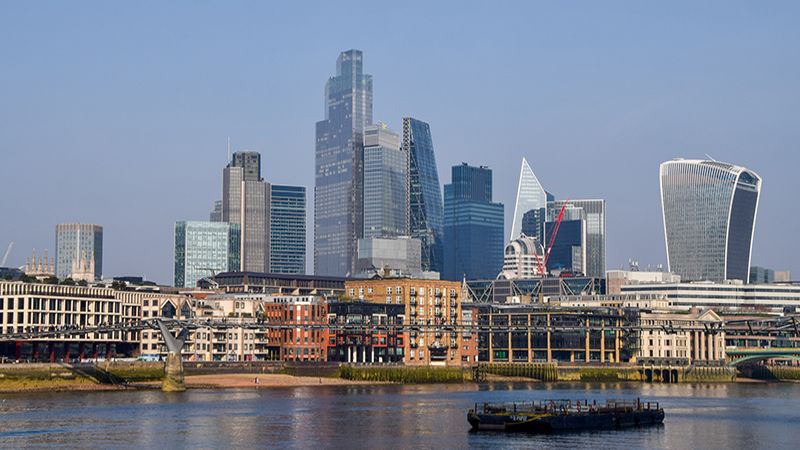The 100 largest global companies operating in the UK have slacked in their efforts to address slavery in their supply chains, according to a new global benchmark by investment manager CCLA.
Global companies scored on average 30 out of a potential 62 points in the first Global Modern Slavery Benchmark ratings – this compares to UK companies scoring an average of 36 last year.
The benchmark found companies are prone to fulfilling the minimum requirements so that anti-slavery laws do not impede the sales, imports or exports of their goods, but go no further. For example, only one in four companies (23) disclosed finding a case of modern slavery, and just one company confirmed that victims were satisfied with the redress provided.
See also: Q&A with CCLA’s James Corah: Rebuilding sustainable investment
Peter Hugh Smith, chief executive of CCLA, said: “Companies often comply with the letter of the law regarding human rights legislation, but fall short when it comes to the spirit of the law.
“This benchmark shows too many businesses focused merely on policies and compliance rather than developing robust discovery and redress practices. Companies can and must do more than simply meet the minimum requirements.”
This was evident in three-quarters (74%) meeting the bare minimum requirements or less. Over a third (34.7%) are taking insufficient action to address slavery in their supply chains, the report found.
It highlighted four companies – Saudi Arabian Oil, Philip Morris International, Intuitive Surgical, and China Merchants Bank – with scores below 12 which were “raising serious questions”. They have a combined market capitalisation of around $2.3trn.

Only a quarter (25.3%) are actively confronting slavery within their supply chains. These companies are going a step above the minimum requirements by trying to fix the issue.
However, CCLA found that only three – Cisco Systems, Costco Wholesale and Nestlé – are doing their utmost to prevent it happening again.
The financial sector was ranked one of the lowest, alongside energy. Bank of America and Commonwealth Bank of Australia were placed in the second category (Evolving good practice), while Allianz, Goldman Sachs, JP Morgan Chase, Morgan Stanley, Royal Bank of Canada and S&P Global were in the third peer group – Meeting basic expectations.
Martin Buttle, Better Work lead at CCLA, said: “As investors, we expect businesses to undertake human rights due diligence, not merely as part of a tick-box exercise, but dedicating appropriate care and resources to play their part in addressing and preventing modern slavery in their businesses and supply chains.”
Meanwhile, Dame Sara Thornton, director of modern slavery at CCLA, suggested laws needed to be updated: “The UK Modern Slavery Act was world-leading in 2015, but that was a decade ago now. As peer nations continue their progress to toughen legislation to combat modern slavery, notably the EU and the US, we are now falling behind, leaving the UK exposed to being seen as a dumping ground for goods tainted with forced labour.
“As a first step we would like to see the UK Modern Slavery Act require companies to disclose modern slavery when they find it. This would give investors and others good indications of how hard companies are looking for it and would focus accountability for providing redress to victims.”
This article originally appeared in our sister publication, Portfolio Adviser








